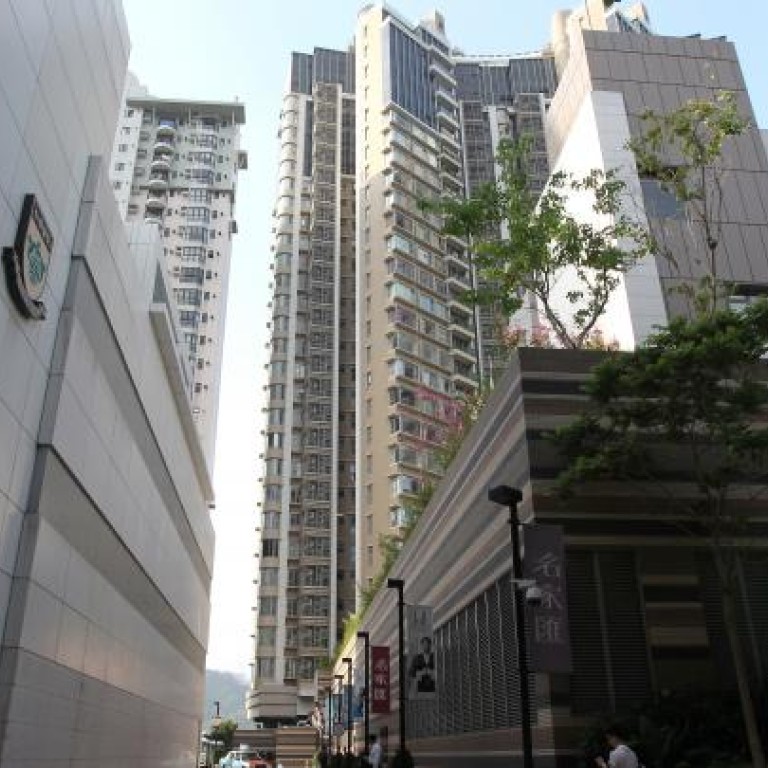
Lessons learnt from hospital's land use
The latest report of the Director of Audit describes how a luxury residential development came to be built on land granted for a hospital in Sha Tin when, according to a government estimate, the district was short of nearly 900 hospital beds. The government usually grants land on favourable terms for private hospitals. In this case the operator of the Union Hospital paid HK$60 million for nearly two hectares in 1982. Four years later it began attempts to have land use changed to residential because of a shortage of demand for beds, before the hospital was built on part of the land in 1994.
The Town Planning Board finally approved an application in 2000 for nearly a hectare of land that remained unused by the hospital. Union Hospital has confirmed that it sold part of its site to Henderson Land after paying a HK$601 million premium for a change of land use. The developer built more than 150 flats. Though due process appears to have been followed, the Director of Audit is understandably critical of the government for failing to ensure that the operations of private hospitals are compatible with the conditions of land grants. The change was a significant departure from the intended purpose.
He rightly says there is a lesson there for the government. Private interests should not be able to deal commercially in land designated for a social purpose, whether by due process or not. Predictably, the lack of demand for beds proved shortlived. No one can be blamed for thinking the operator has done well out of converting dedicated land to an unintended use.
Of more ongoing concern is the Audit Commission's finding that private hospitals are rather casual in their voluntary compliance with a code for reporting serious incidents such as death, injury or complications that is mandatory for public hospitals. Of 98 serious incidents on record from 2008 to last year, private hospitals failed to report 55 within 24 hours and failed to file investigative reports on 60 of them within four weeks. This frustrates the objective of generating constructive responses and feedback among health-care workers in the interests of patient safety. Since the reporting system for private hospitals is confidential and involves no disciplinary measures, it is hard to find an excuse for them. It is good therefore that Secretary for Food and Health Dr Ko Wing-man has agreed to consider a uniform system for public and private hospitals in a review to be completed within a year.

